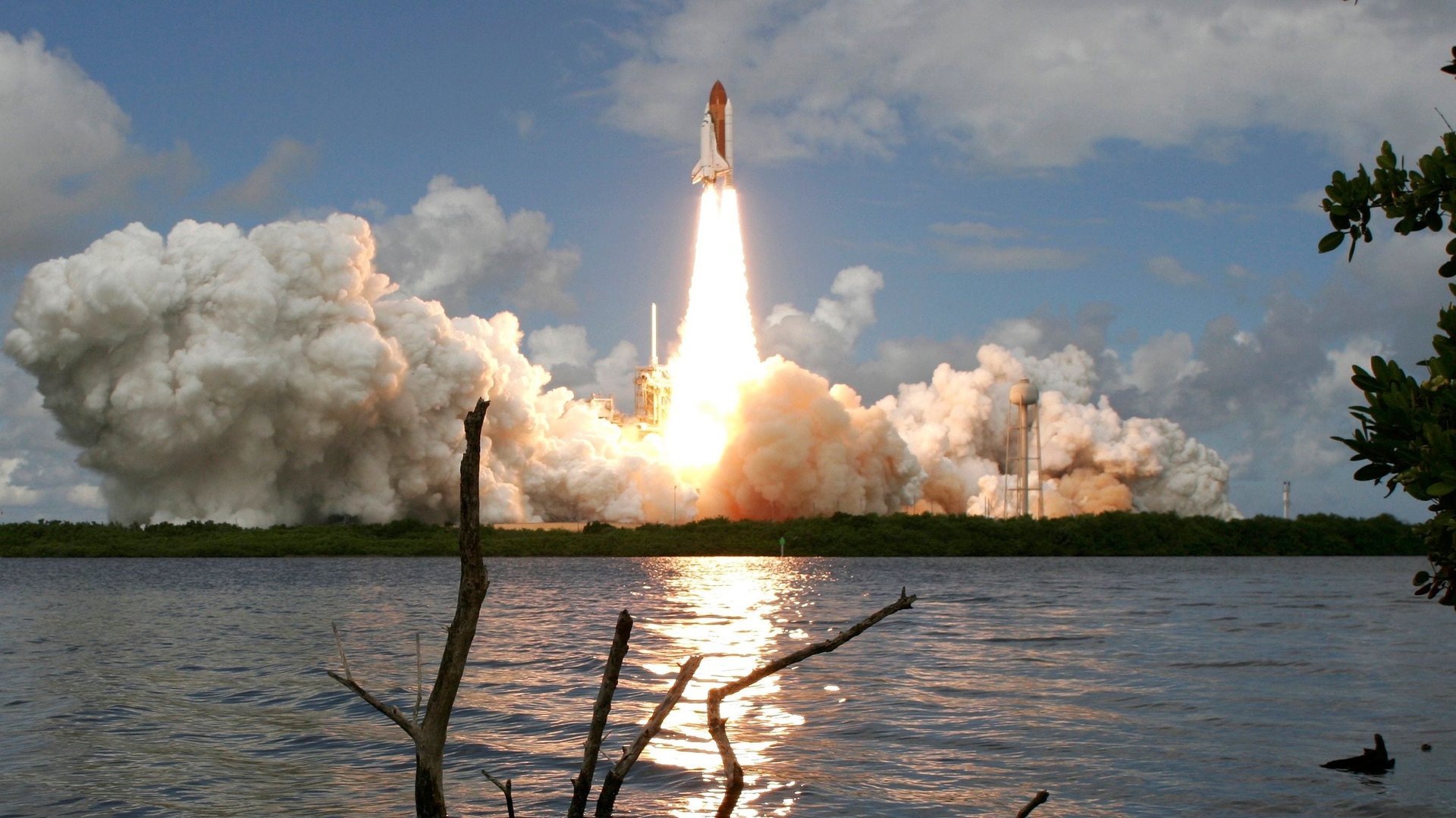NASA and philosophers are teaming up to offer a PhD in the philosophy of space-travel safety
What makes a rocket safe? Are you sure—really, really sure? To answer this question to NASA’s exacting standards, you’ll need not just a grasp of engineering, but an understanding of epistemology (the philosophical theory of knowledge) and metaphysics (the branch of philosophy that questions the nature of reality). To truly answer this question, you’ll need to be a philosopher… of safety engineering.


What makes a rocket safe? Are you sure—really, really sure? To answer this question to NASA’s exacting standards, you’ll need not just a grasp of engineering, but an understanding of epistemology (the philosophical theory of knowledge) and metaphysics (the branch of philosophy that questions the nature of reality). To truly answer this question, you’ll need to be a philosopher… of safety engineering.
This is the focus of a newly-created PhD project at Glasgow University, co-supervised by philosophers Adam Carter and Neil McDonnell, and NASA researcher C. Michael Holloway. The partnership, highlighted by philosophy blog DailyNous, will provide funding for a student to carefully pry apart such questions as: “How do we establish that a system is safe? In looking at past accidents, what causal frameworks should we employ to analyze and report what went wrong? In looking at proposed systems, what methods of analysis and reporting should we use to establish confidence that it is safe enough?”
Though these may not seem like traditionally philosophical questions, aeronautical engineering is so complex, and with such a low risk threshold, that it transcends practical engineering judgements and becomes, in the words of the PhD posting, a question of “epistemic challenges.” To create a formal understanding of safety at NASA, students studying for a PhD in philosophy of safety engineering should, “take a stance on vexed issues of causation, explanation, evidence, justification, risk, knowledge, understanding, and value,” and must grapple with, the “metaphysics of causation and metaphysical explanation” and “the epistemology of luck and risk, justified reasoning and epistemic normativity,” according to the posting.
Though safety engineering and philosophy may sound like an odd pairing, it’s worth remembering that every PhD is a “Doctor of Philosophy,” reflecting the notion that any subject studied to such depth will enter the realm of philosophical questions. The study of philosophy is the study of the foundation of all knowledge; indeed, clicking on the first link of 97% of Wikipedia pages eventually leads back to philosophy. And NASA’s spectacular travels through space would never get off the ground, were it not for the knowledge gleaned through philosophy.